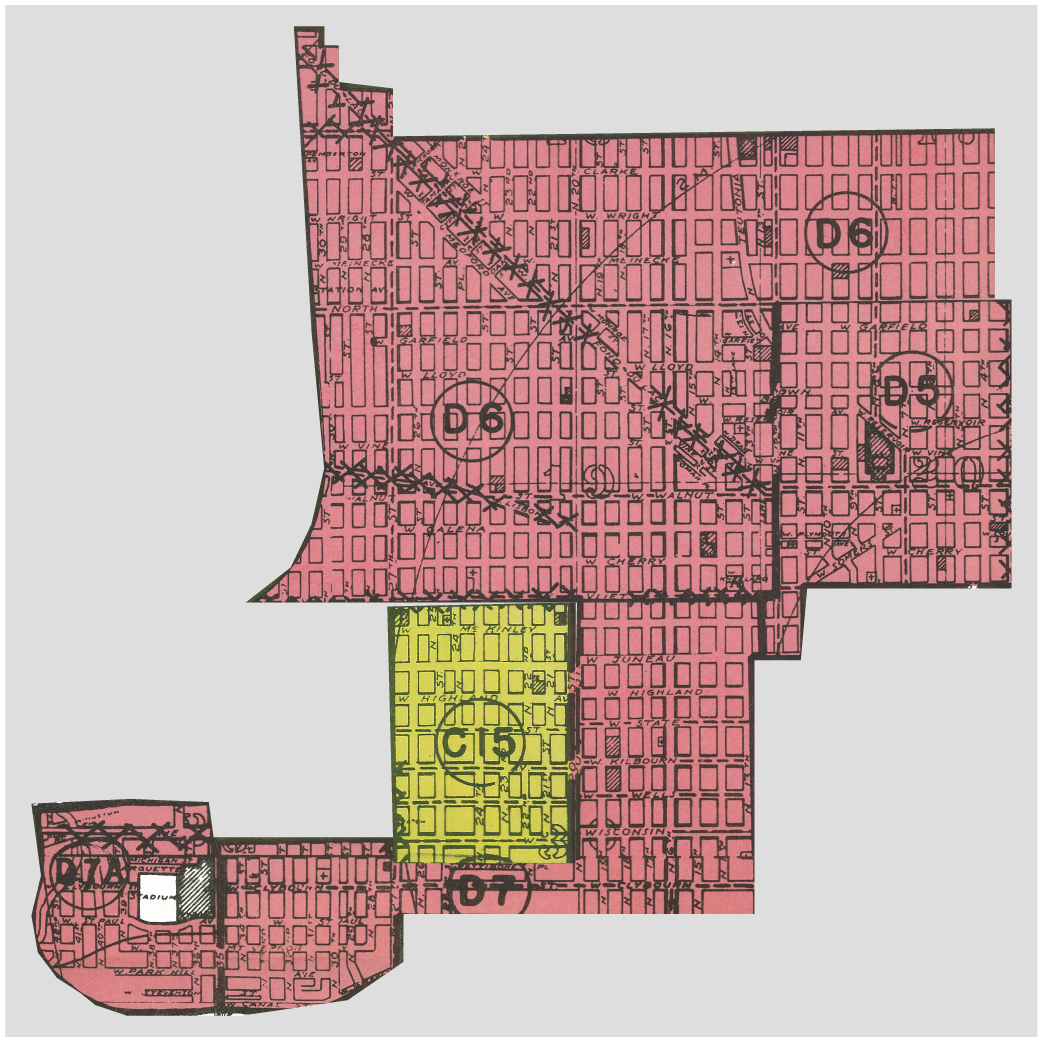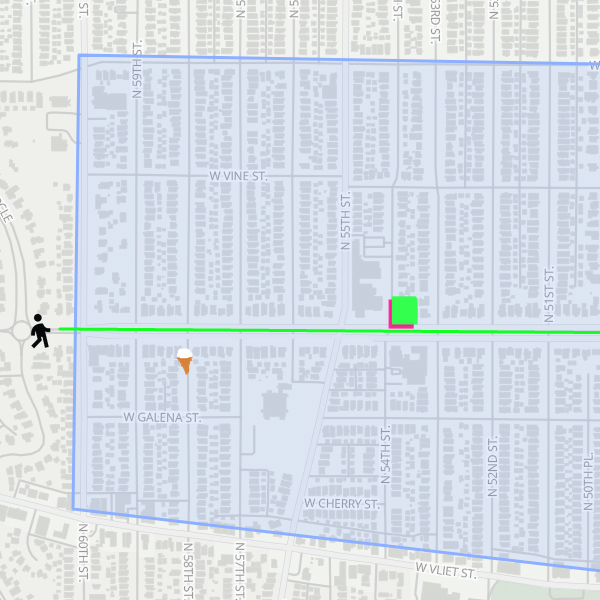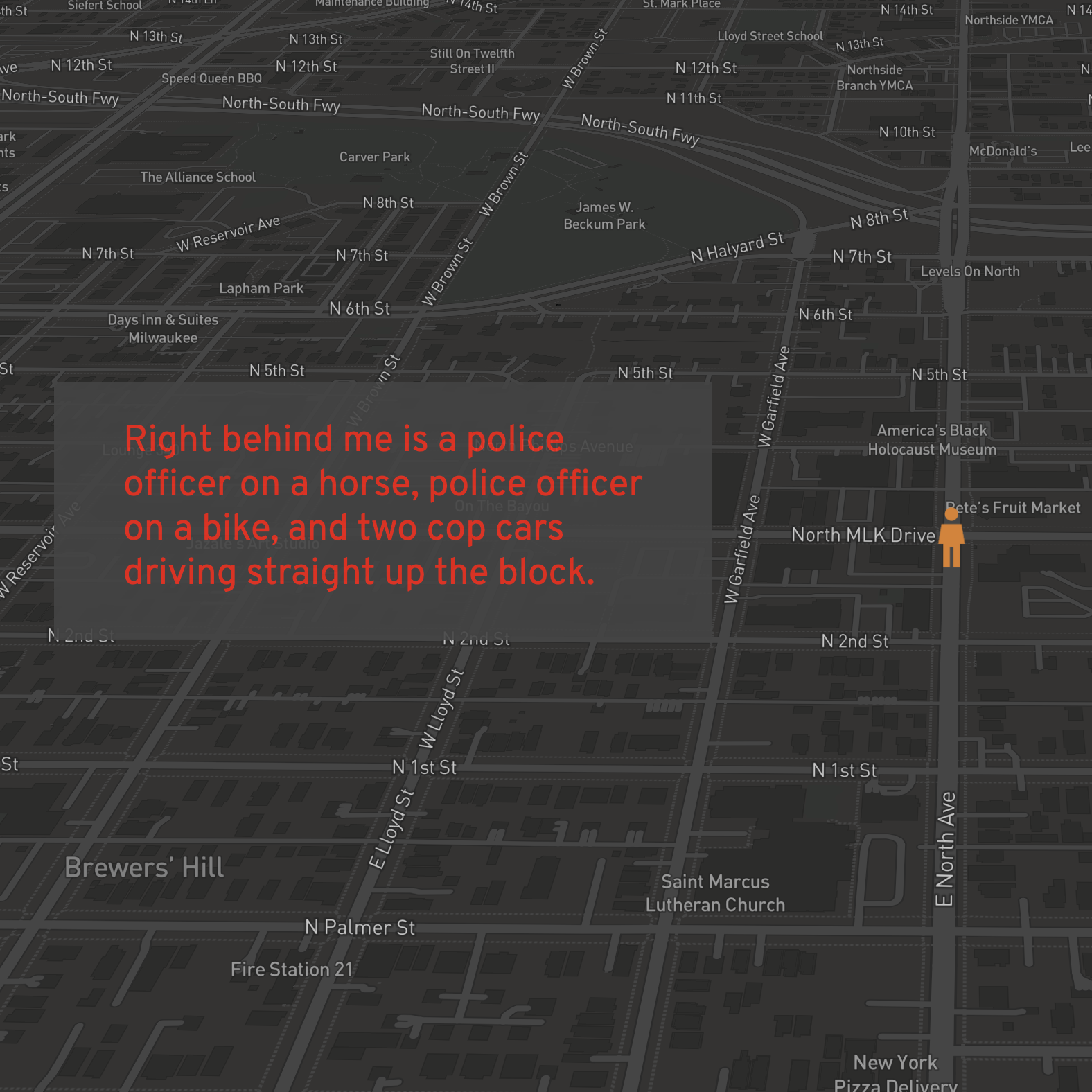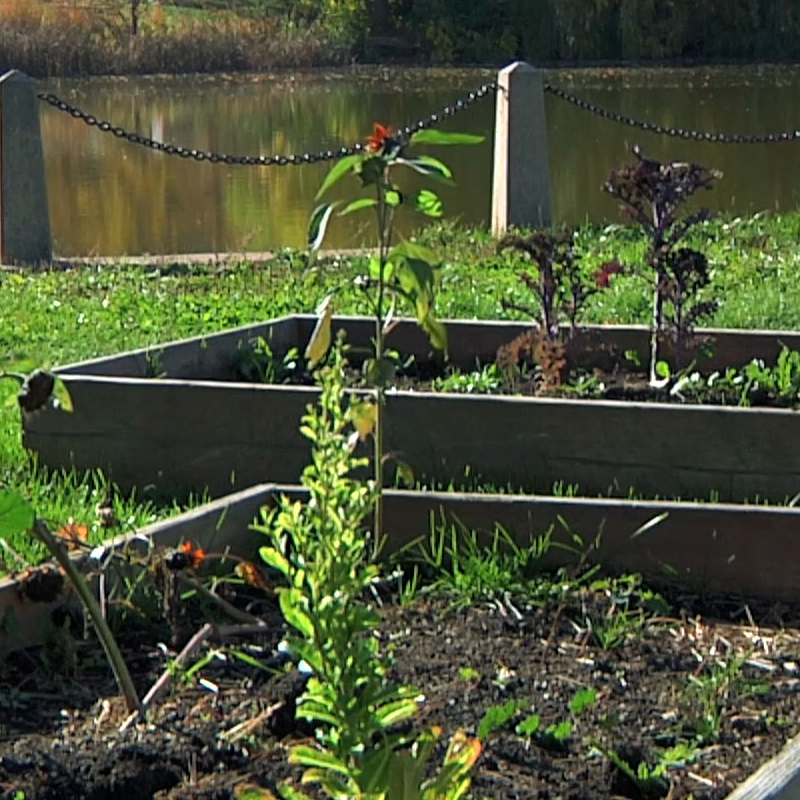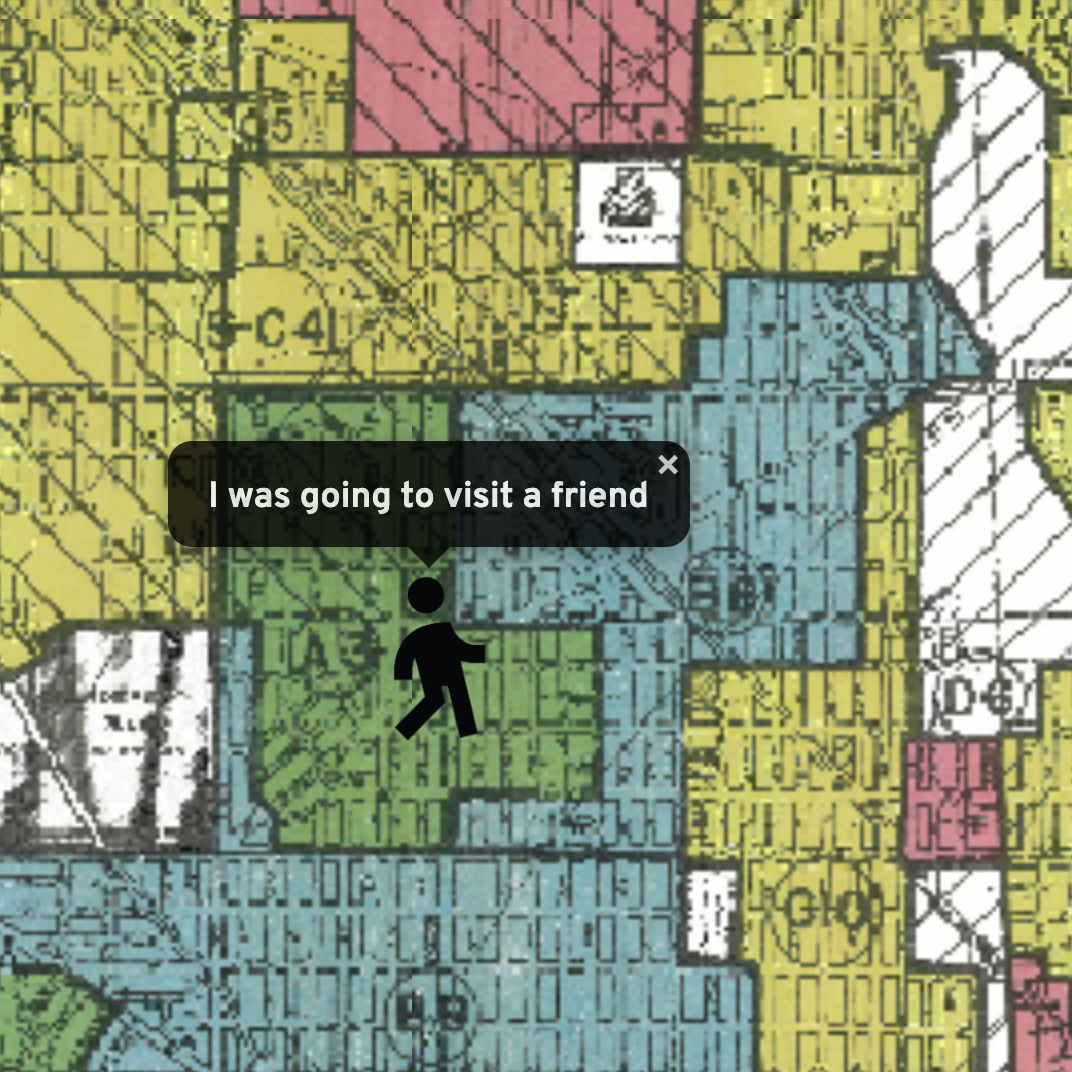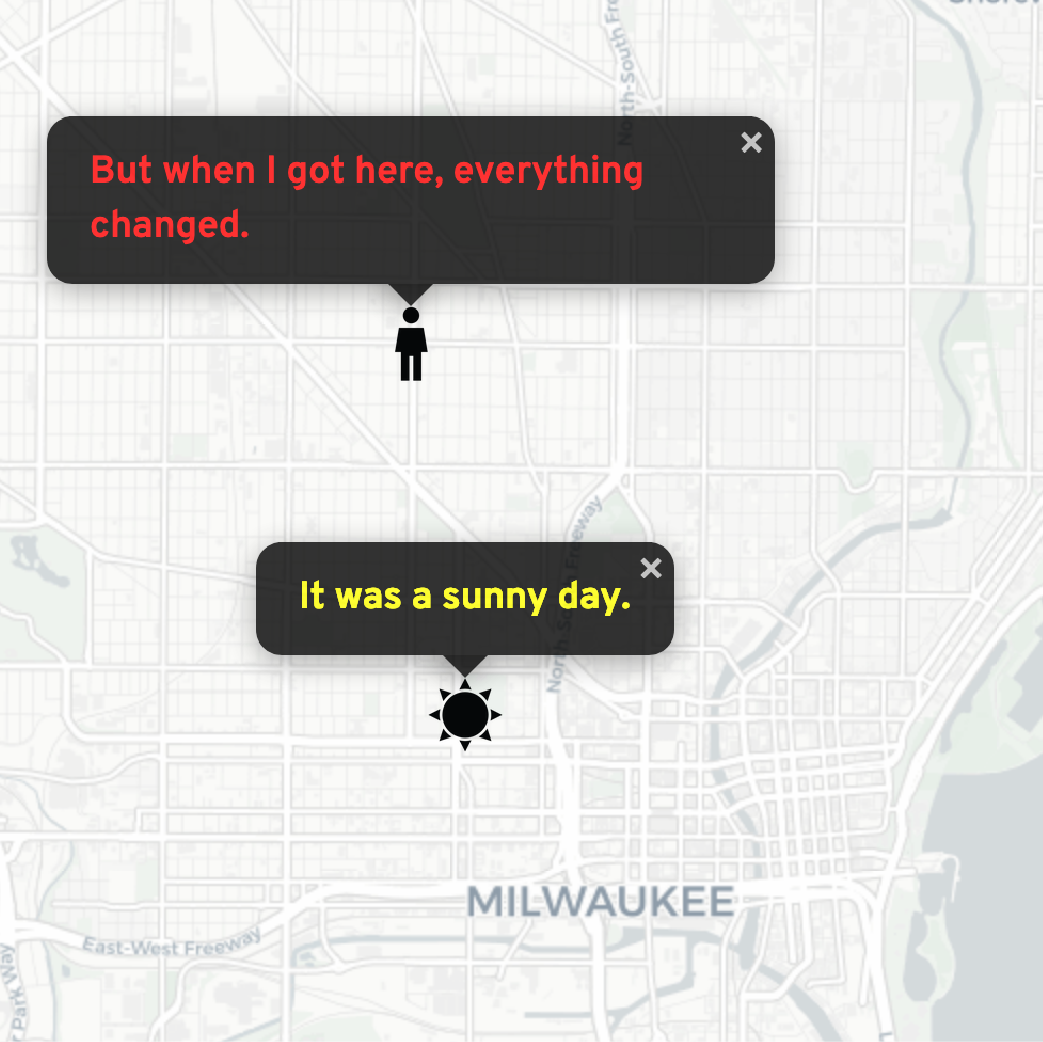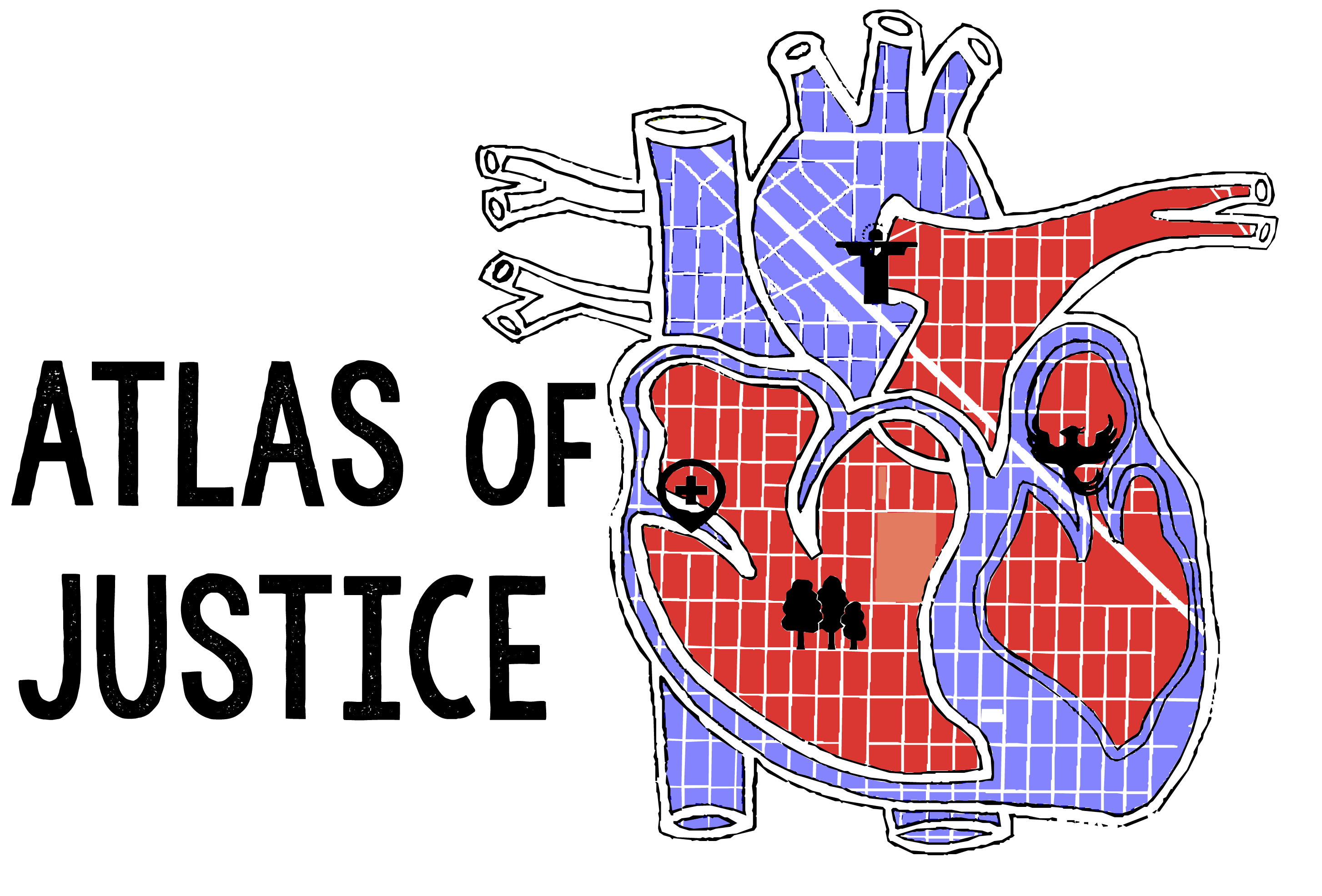
Redefining Milwaukee
Maps play important roles in naturalizing ideas about race, poverty, crime and segregation that sustain racial and class divides in the city. Maps and visual arts can also tell different stories about Milwaukee’s past, present, and future. The Atlas of Justice harnesses the power of participatory video and experimental cartography to show the vibrant grassroots efforts that are revisioning justice in Milwaukee, Wisconsin.
Gallery
Transforming Justice
The Atlas of Justice is an interdisciplinary collaboration that explores racism, policing, and the many forms of justice built by community groups in Milwaukee, Wisconsin. The project began as Transforming Justice (TJ) in 2014 amid calls-to-action during local and nationwide Black Lives Matter mobilizations. Through a series of well-attended community-based workshops, we explored histories of policing and practical, transformative justice approaches to public safety, city budgeting, and community well-being. We also founded a youth video collective (YVC) that created a series of short, impactful videos about young people’s experiences with policing in Milwaukee. The idea for an Atlas of Justice emerged out of discussions with YVC participants and the 2019 University of Wisconsin Cartography Lab Design Challenge. Participatory video and counter-mapping can be used to document not just the toll of everyday encounters with the police, but also the many ways that community groups and residents build and imagine a more just Milwaukee.
The Atlas of Justice from the start has been a multiracial, transdisciplinary team. Initially named Transforming Justice, the project began at UW-Milwaukee with a documentary filmmaker, historians, a social epidemiologist, and geographers. The current leadership includes Jenna Loyd, UW Madison Geography; Anne Bonds, UW Milwaukee Geography; Jenny Plevin, a documentary filmmaker and director of First Dib; and Robert Roth, director of the UW Cartography Lab. We maintain strong partnerships with doc|UWM, Urban Underground, and the ACLU of Wisconsin youth program.
